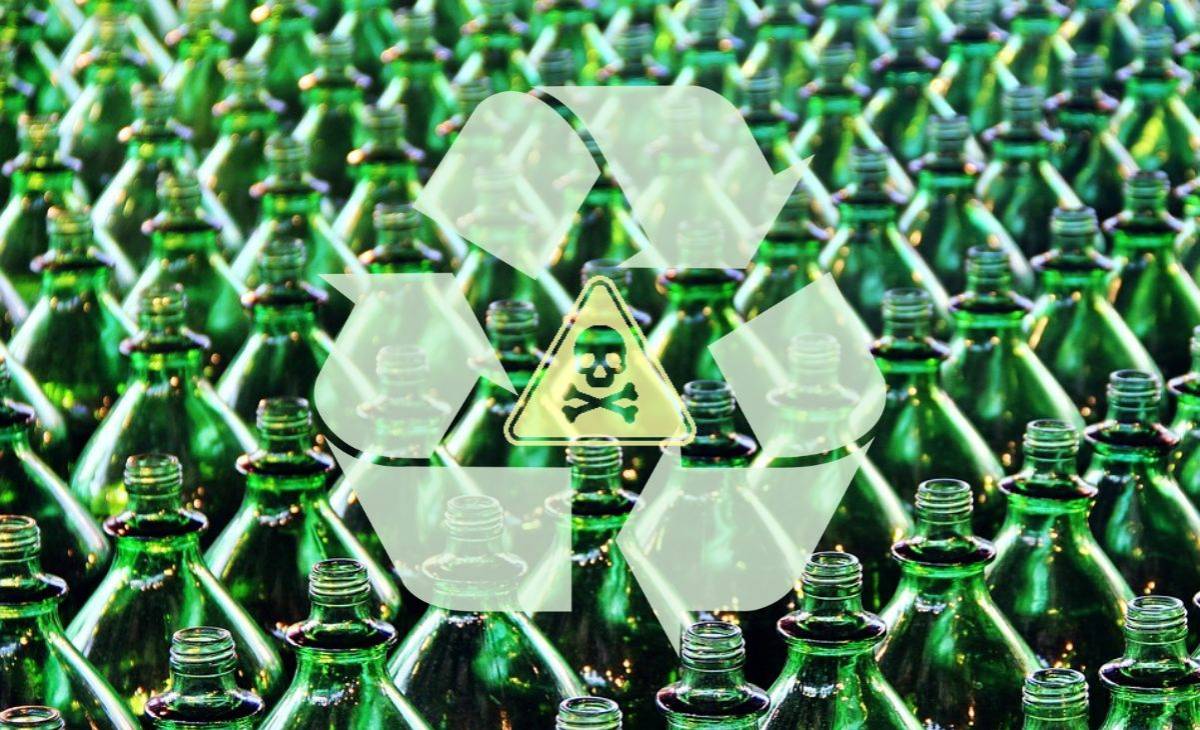Recycled plastics contain hundreds of toxic chemicals, new study says
Scientists at the University of Gothenburg have made a concerning discovery regarding recycled plastics. After examining plastic pellets from recycling plants in 13 countries, they found the presence of hundreds of toxic chemicals, including pesticides and pharmaceuticals. These findings challenge the notion that recycled plastics can be considered safe or suitable for widespread use, hindering efforts to establish a circular economy.
The study's results, published in the journal Data in Brief via ScienceDirect, revealed that the plastic pellets contained a total of 491 organic compounds, with an additional 170 compounds tentatively identified. These compounds encompass various classes, such as pesticides, pharmaceuticals, industrial chemicals, and plastic additives.
The third session of the Plastics Treaty Intergovernmental Negotiating Committee (INC-3) is taking place this week in Nairobi, Kenya, to develop an international legally binding agreement to address the global issue of plastic pollution. Here, the authors of the study are urging delegates to consider the latest scientific evidence, which indicates that all plastics contain toxic chemicals and that plastics can absorb additional chemicals during use, further compromising their safety and circularity.
The researchers emphasize the urgent need for the plastics industry to limit the use of hazardous chemicals to address the plastic pollution crisis effectively. Out of the 13 000 chemicals used in plastics, 25% are classified as hazardous, leading scientists to assert that no plastic chemical can be considered safe.
The University of Gothenburg scientists' research contributes to the growing body of evidence highlighting the risks associated with recycled plastics. It is crucial for policymakers, industry stakeholders, and society as a whole to acknowledge these findings and take proactive steps towards a safer and more sustainable approach to plastic waste management.
Source:






















